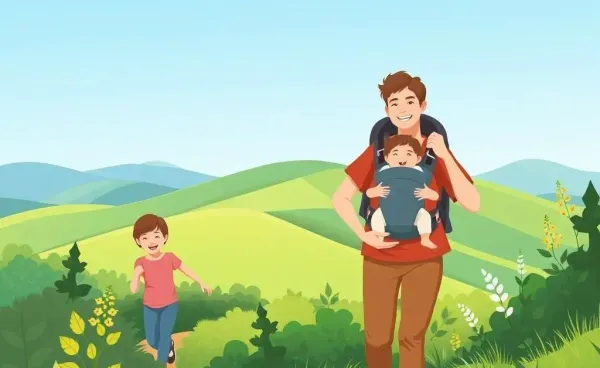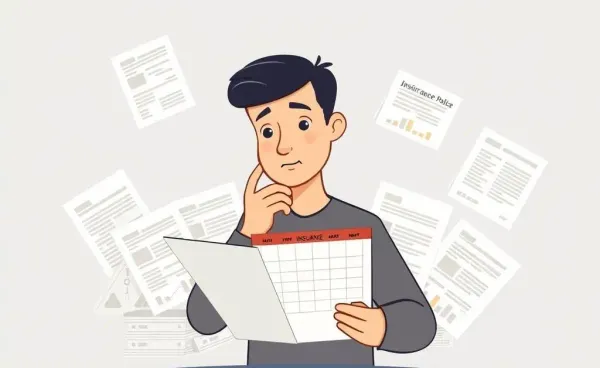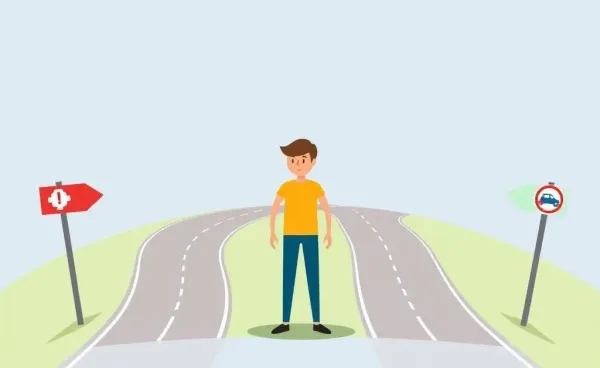Navigating Missteps in Friendships: Lessons from Impulsive Actions
Feeling awkward after acting on impulse? Learn to navigate friendship mishaps gracefully.
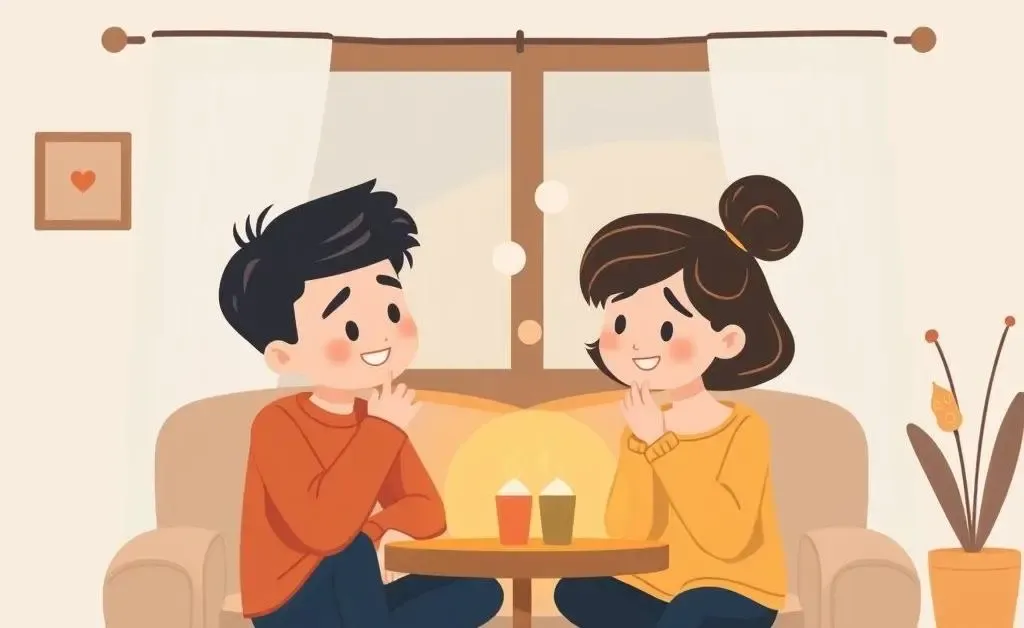
Have you ever acted on impulse and immediately wished for a time machine? We've all been there—caught in a hiccup of emotions where logic takes a backseat. Navigating friendships, especially after an impulsive move, can feel like walking on thin ice. Let's unpack how to gracefully handle these friendship missteps.
Understanding Impulsive Actions
Acting on impulse often feels thrilling—and sometimes, mortifying. It’s like trying that surprise spice in your dish for an unexpected kick. But when it comes to relationships, especially friendships, these impulsive moments can result in unforeseen awkwardness or discomfort.

Recall a time when you spontaneously attempted to hold a friend's hand, or maybe you blurted out something sensitive. In the moment, it might’ve felt right, but later on, you're left with questions swirling in your head like, "Did I just jeopardize our friendship?"
The Role of Communication
Communication is your best ally here. Imagine your friendship journey as a sailboat ride; clear, honest conversation is your compass, helping you steer back on course. Here’s a quick checklist to guide the conversation:
- Timing: Choose a moment when you both are relaxed to have the discussion.
- Honesty: Own your actions and express your feelings sincerely.
- Openness: Be ready to listen to your friend's perspective without interrupting.
- Empathy: Show understanding of their feelings and the situation's gravity.
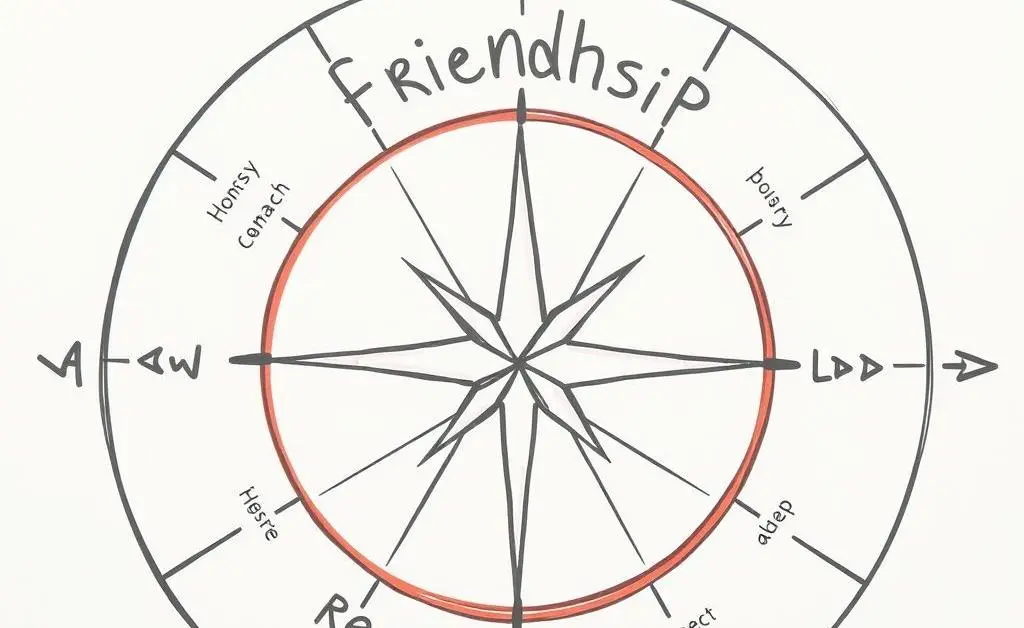
Learning and Growing
Impulses can be teaching moments wrapped in awkwardness. Instead of dwelling on the blunder, use it as a stepping stone to strengthen your relationship. Share a laugh over the silliness of the act, if both are comfortable, and move forward with better understanding.
An Anecdote to Ponder
Take Jack, for instance. He once tried to surprise hug his friend Sara at a gathering, catching her off guard. Learning from the incident, Jack later explained his intent and realized that a bit more thought and respect for personal space would preserve the comfort level of his friendships.
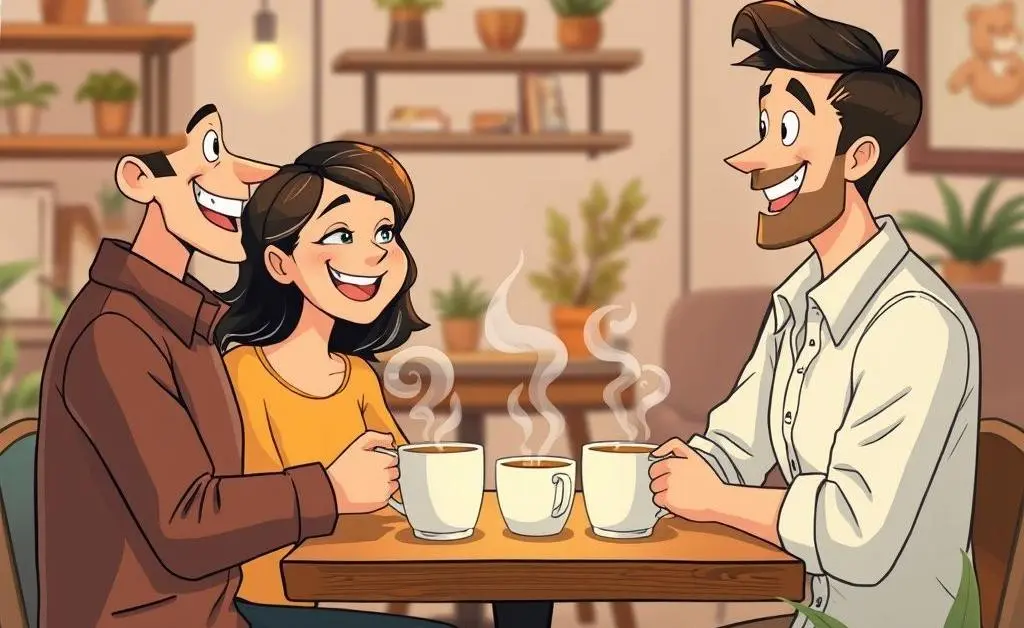
Open Dialogue as a Continued Practice
Let impulsive actions serve as catalysts for deeper, meaningful interactions. Every hiccup in friendship is a chance to practice vulnerability and strengthen bonds. So, what’s your take? How have you turned an impulsive action into a positive turning point in your friendships?

